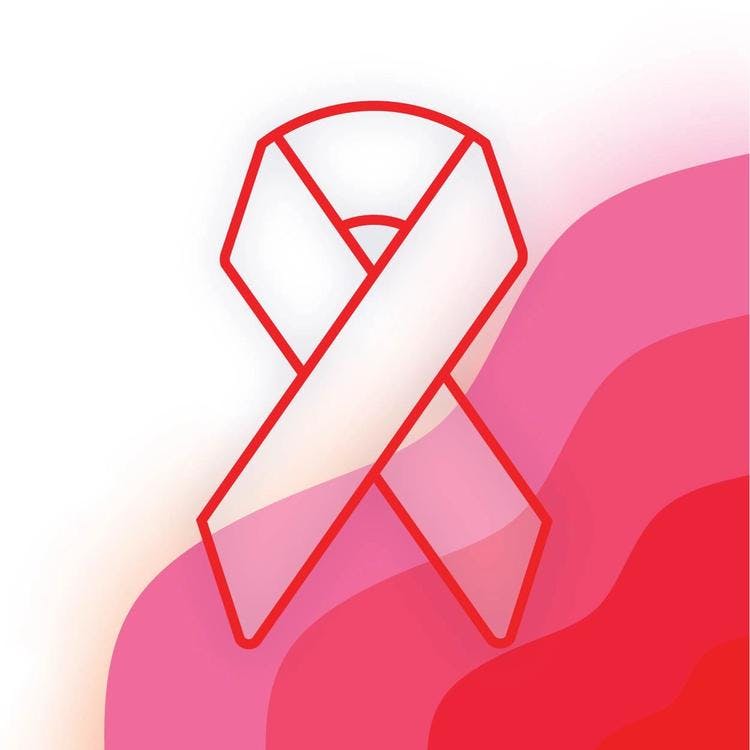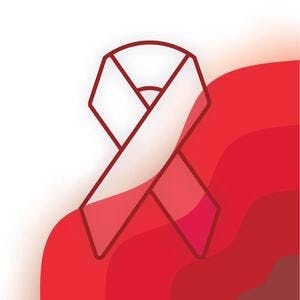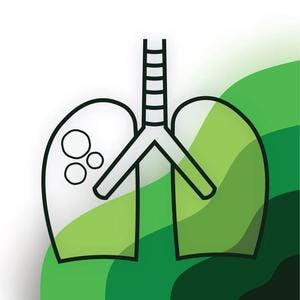Introduction
Children with HIV can live a very happy and normal life in which they can be their best version of themselves, but only if they have a supportive home environment and if they can get their medication.
How do children get HIV?
Babies developing in the womb in an HIV positive mother mostly do not get HIV during the pregnancy. However, they can get HIV during the birth process or during the breastfeeding period. However, The Prevention of Mother-to-Child Programme ensured that such occurrences are reduced to a minimum. If the mother knows her HIV status and takes medication during the pregnancy, breastfeeding and beyond, then the chances of the baby getting HIV are very, very small. This is why it is important to check your HIV status during pregnancy and during breastfeeding, and to take medication if you are positive.
Medication for children
Children who have HIV are given a different ARV medication than adults. Children are given special ARV syrups to take, whereas adults take ARV pills. The ARV syrup for children consists of 3 medicines. These ARVs work very well and children taking them can live long and normal lives.
It is very important for a child who has HIV to take their medication every day. If they start medication and then stop, the HIV might learn how to work against the medication, making the medication ineffective. This is called “resistance” (i.e. when the virus becomes resistant to the medication). It is also very important that children are given all 3 medicines, because if they only take 1 or 2, then the virus will also learn how to work against the medication and become resistant.
One challenge of the ARVs for children is that one of them tastes really bad. Some children will refuse to take this one medication and it can be really difficult to help them take it. Even though it tastes bad, it is very important that they take it. One of the best ways to help children take this medication is to reward them when they take it. This could include clapping, cheering, giving them their favourite food or anything that they will enjoy. If the child refuses to take the medication despite all your efforts, then it is very important you go to the child doctor to work on a solution to helping the child take the medicine.
When giving the medication, it is important to explain to the child that the medication will make sure their body is strong. You can tell them that their body has small soldiers in the blood that fight against germs. The medication helps make the soldiers in their bodies strong.
A supportive environment
An important key to keeping a child with HIV strong is a loving, caring and supportive home environment. It is important to note that it is not the child’s responsibility to take medication, but rather it is the carer's responsibility. This means making sure that the child doesn’t run out of medication and that one remembers to give it at the right amount and at the right time.
HIV and TB
Because HIV can make the immune system weak, it is important to be aware of the increase risk of getting TB. Sadly, South Africa has some of the highest rates of TB infection in the world. Therefore, if anyone in the house or near the child has TB, go to the clinic and ask for TB medication. Children with HIV who are given TB medication when they are in contact with someone with TB are less likely to get TB.


